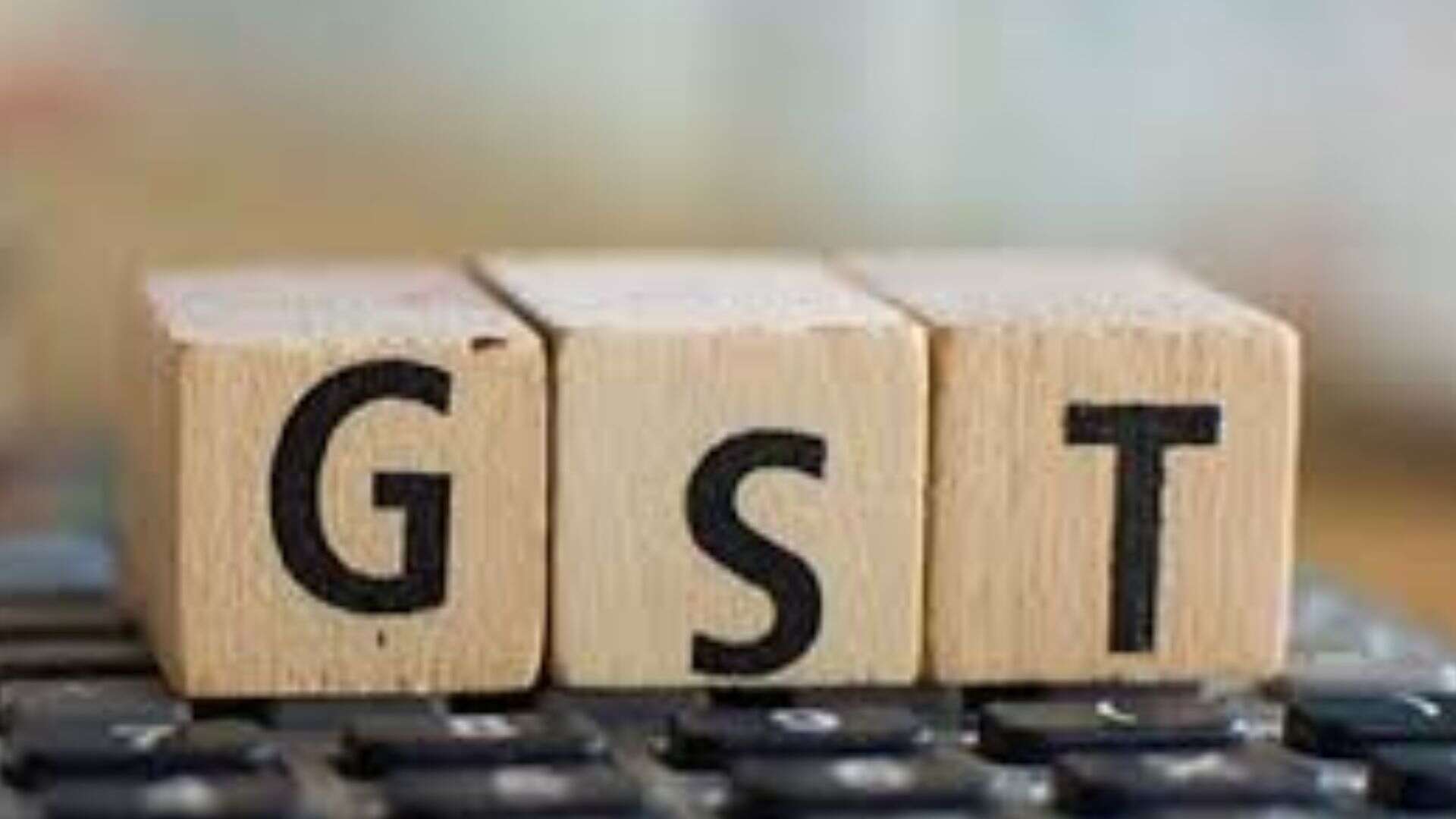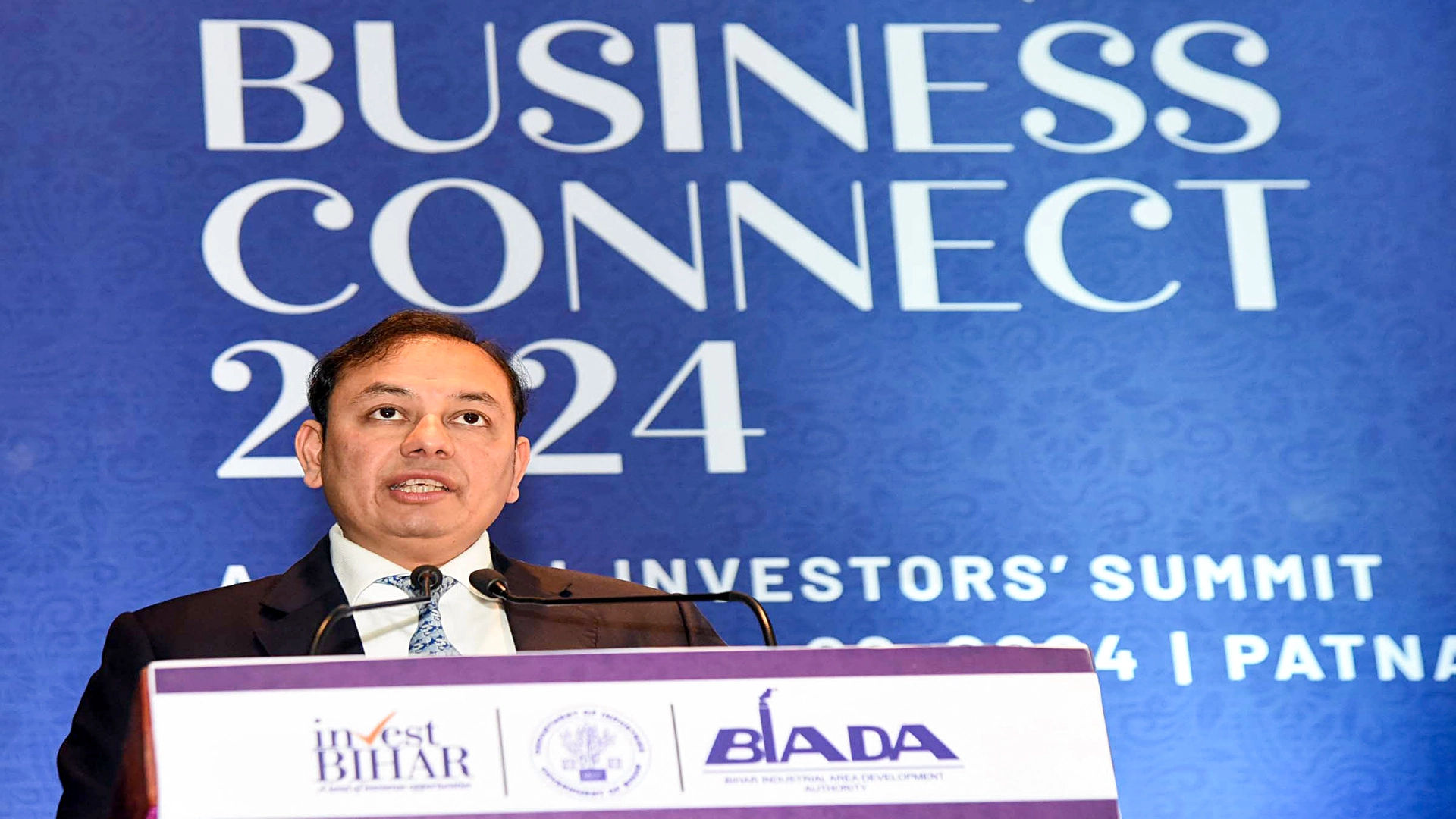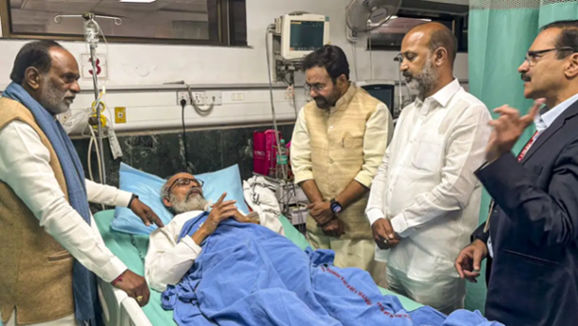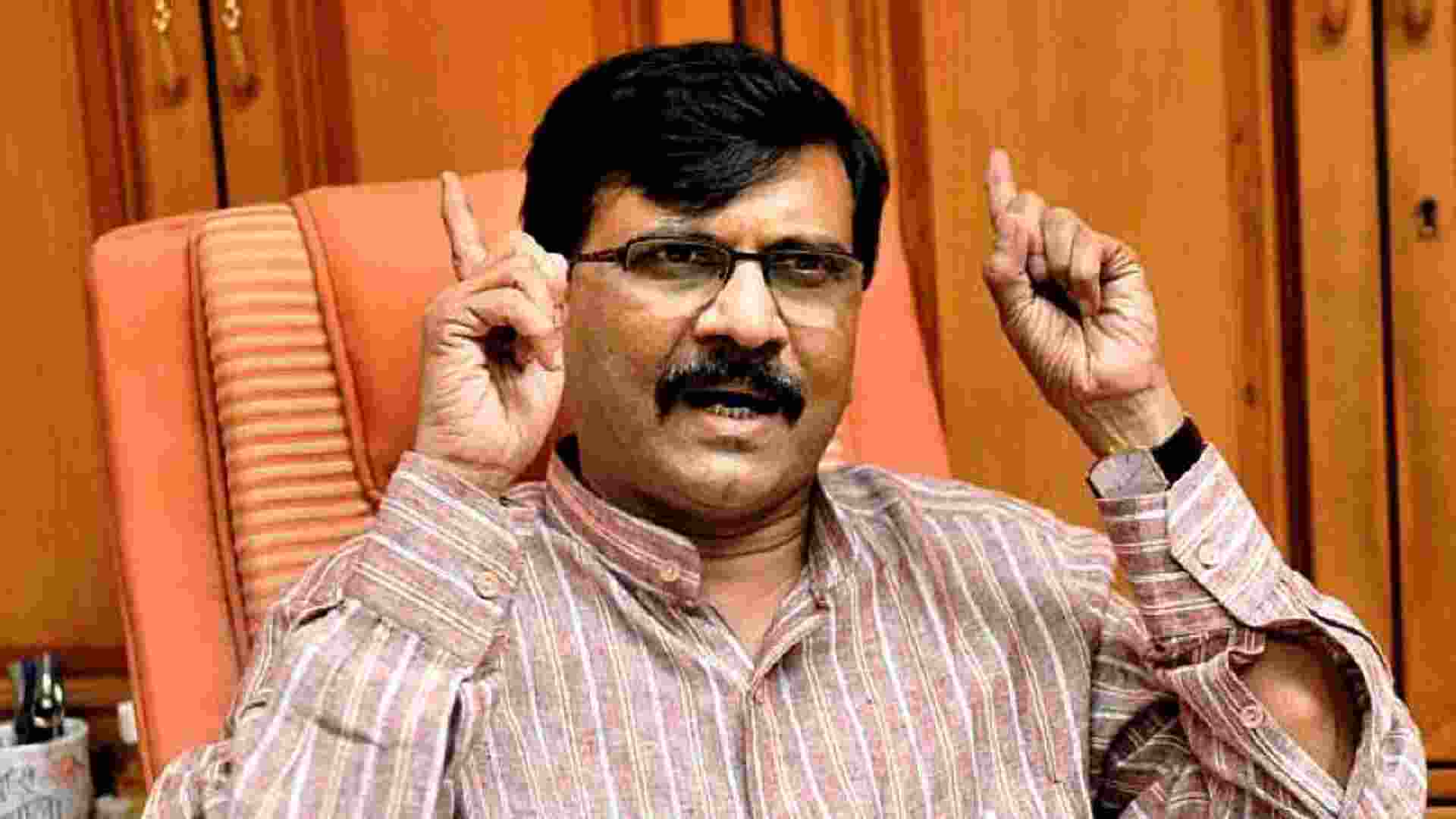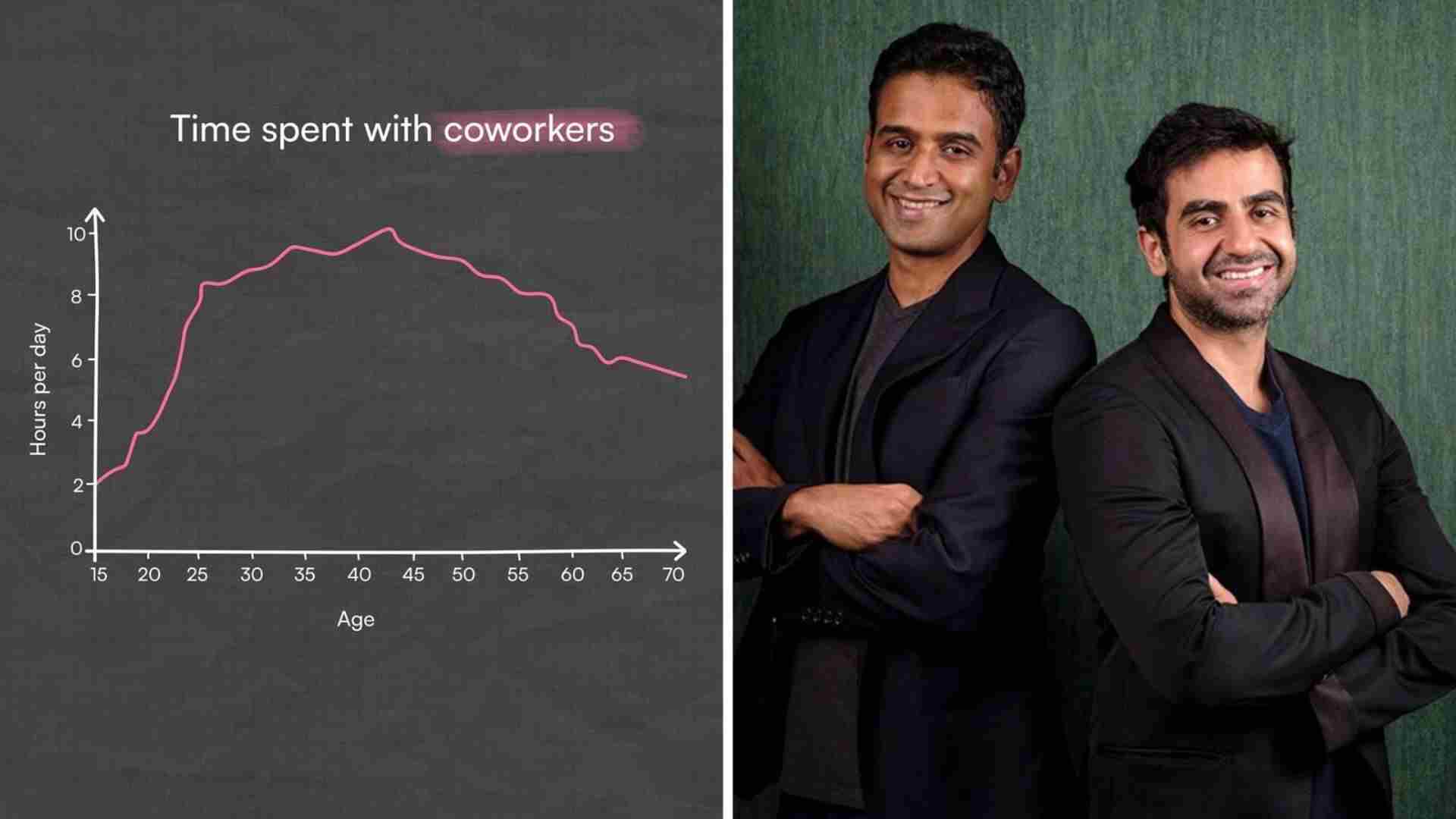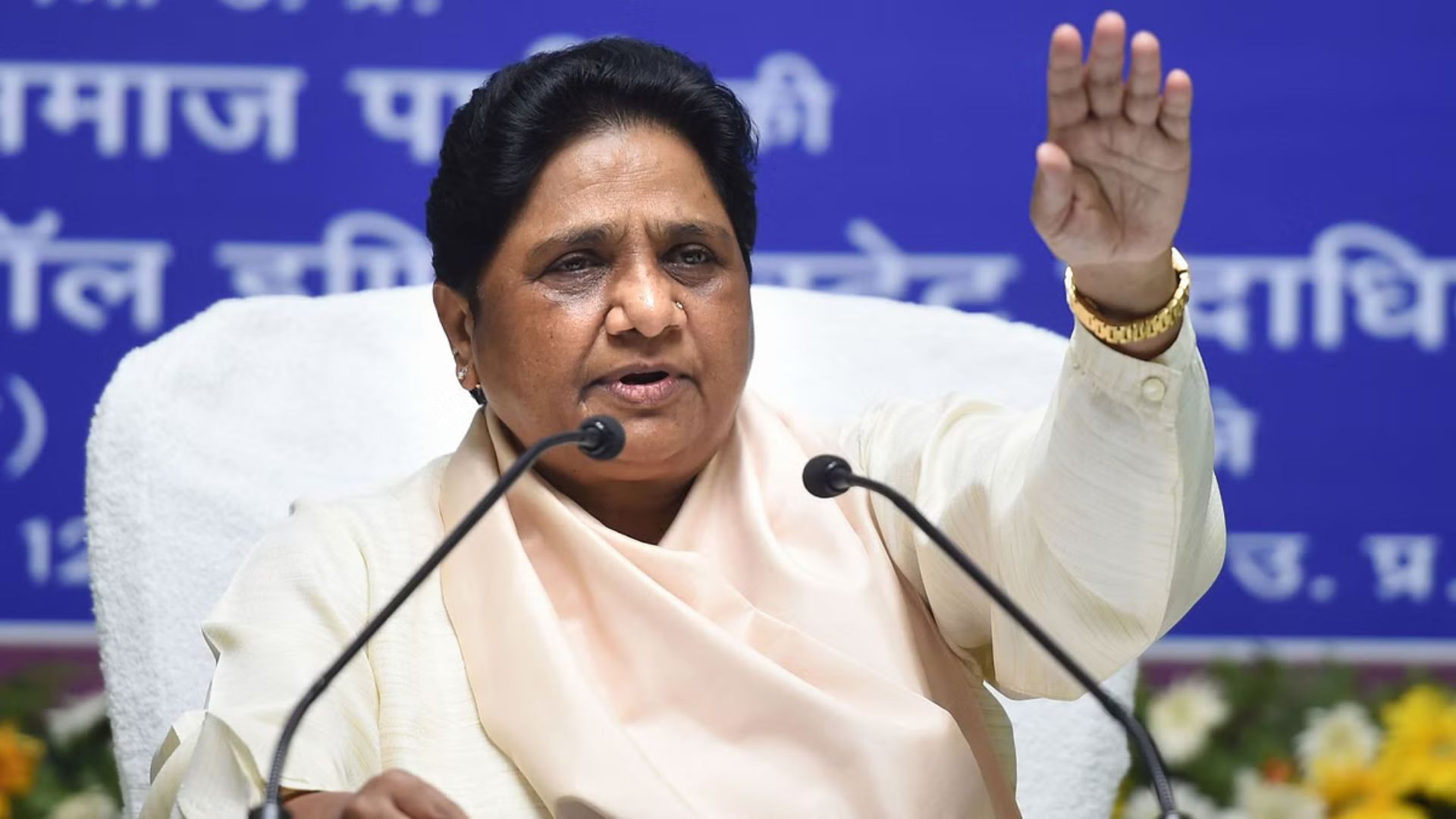The Group of Ministers (GoM) on Rate Rationalisation met for the third time yesterday. They proposed a new tax treatment for sin goods such as cigarettes, tobacco, and pan masala. Finance ministry sources confirmed this development. However, the final decision will be made by the council in its meeting in the third week of December in Jaisalmer.
Background and Fitment Committee’s Role
This proposal follows a recommendation from the Fitment Committee in mid-July. The committee suggested referring the matter to the GoM. They had recommended a maximum tax rate of 20% on tobacco products, including cigarettes, bidis, and smokeless tobacco, under the Central GST (CGST) and State GST (SGST) Acts.
What Are Sin Goods?
Sin goods are products considered harmful or undesirable. These typically include cigarettes, tobacco, carbonated drinks, luxury cars, and pan masala. Currently, these items are taxed under the 28% GST slab, with an additional compensation cess ranging from 11% to 290%. The compensation cess is set to expire in March 2026.
Discussion on GST Slabs and Other Changes
The GoM also discussed merging GST slabs. They considered three potential options for a three-slab rate structure. However, sources indicate it was too soon to recommend changes to the current slabs.
Additionally, the GoM suggested increasing GST rates on luxury items such as wristwatches and shoes. At the same time, they proposed reducing GST on essential goods like bicycles, exercise books, and large packs of packaged drinking water to enhance affordability.
The GoM’s Composition
The GoM on Rate Rationalisation is chaired by Bihar Deputy Chief Minister Samrat Choudhary. It includes six other members: Uttar Pradesh Finance Minister Suresh Kumar Khanna, Rajasthan Health Services Minister Gajendra Singh, Karnataka Revenue Minister Krishna Byre Gowda, West Bengal Finance Minister Chandrima Bhattacharya, and Kerala Finance Minister KN Balagopal.

